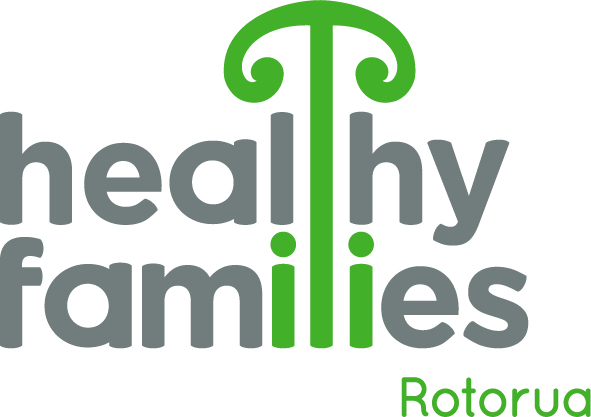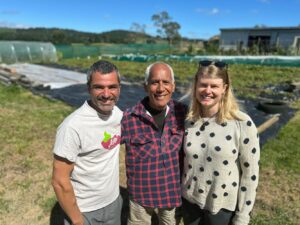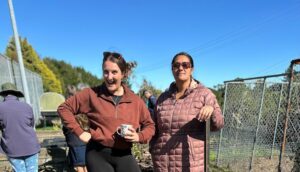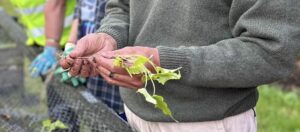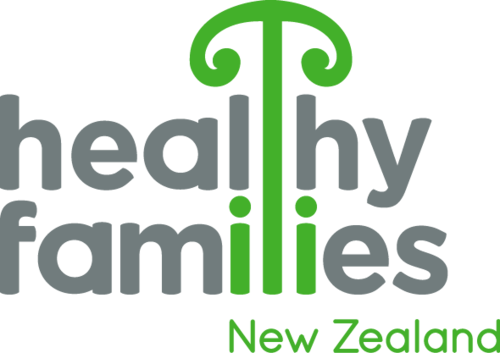He mihi tēnei ki ngā kapa katoa i takahia nei te papa whakataetae ā rohe o Te Arawa i ngā rangi whakatā!
Healthy Families Rotorua would like to congratulate all groups and performers who took the Te Arawa Regionals stage at the weekend.
A total of 21 teams and around 800 performers, including eldest performer Te Iwaiwa Te Amohau at 95-years-old entered the competition.
The newly crowned regional winners Te Pikikōtuku o Ngāti Rongomai along with 2nd place Tūhourangi Ngāti Wāhiao, 3rd place Ngāti Rangiwewehi Kapa Haka, 4th place Te Mātārae I Ōrehu, 5th place Ngāti Whakaue and 6th place Te Hekenga ā Rangi will now represent Te Arawa at the next Te Matatini national competition in Tāmaki Makaurau next year.
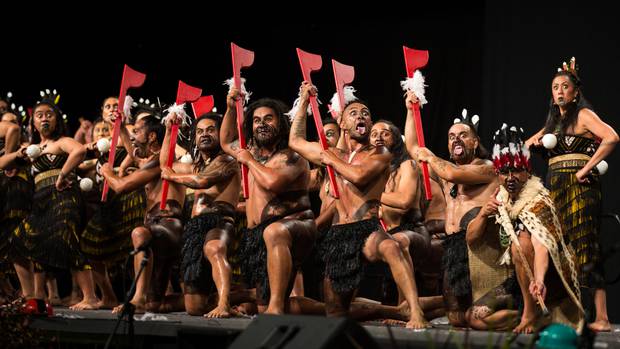
First time Te Arawa regional competition winners
Photo Credit: Rotorua Daily Post
The regional competition is described by the Rotorua Daily Post as the “Olympics of Te Arawa”.
Most kapa or groups have been training since October 2019 in preparation for their 20 – 30 minute stage performance.
While most weekends are spent at the marae or sports club practicing items for competition, many individuals and the kapa themselves plan fitness training and arrange nutritional eating plans to be able to keep up with the demand to perform.
By competition day, each group are as prepared as can be to perform seven items; Choral, Entry, Traditional Chant, Poi, Action Song, Haka and Exit.
“Whilst Kapahaka doesn’t specifically fall into the sporting category, we know many of these performers have a training regime similar to that of a competitive athlete; a strict diet, plenty of wai and a specialised physical training program.”
Mapihi Raharuhi, Manager for Healthy Families Rotorua
Healthy Families Rotorua manager Mapihi Raharuhi says, “Whilst Kapahaka doesn’t specifically fall into the sporting category, we know most of these performers have a training regime similar to that of a competitive athlete; a strict diet, plenty of wai and a specialised physical training program.”
“From a Māori systems return perspective, the Te Arawa regional competition is a leader in health and wellbeing, normalising traditional practices for example pūrākau, waiata and haka, telling a story of how whānau overcome challenges in times of hardship.”
For more Healthy Families Rotorua stories please subscribe to our newsletter.
